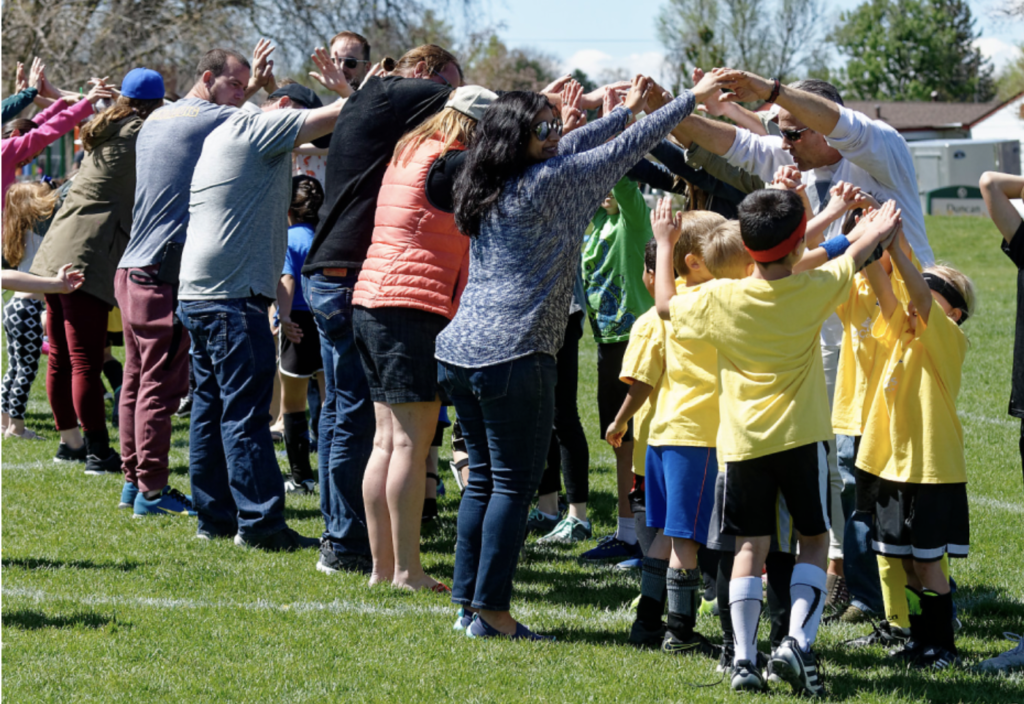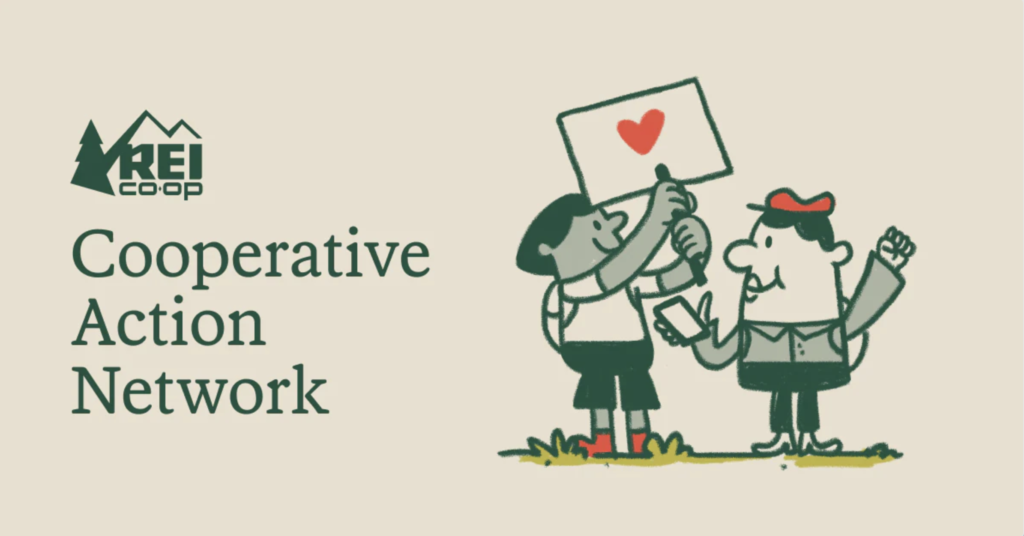
Mar 31, 2023 • 5 min read
How Brands Can Achieve Marketing Goals with Community Involvement
Posted in:

Today’s consumers want to support brands that align with their values.
According to Havas Media Group’s 2021 Meaningful Brands report, 77% of consumers expect brands to support them and 64% of consumers prefer to buy from companies with a reputation for purpose as well as profit.
One way to build your brand reputation amongst your target audience is by getting involved in the local communities you serve. Brands that are meaningfully involved in communities will have a lasting and positive impression in consumers’ minds.
Getting started with brand community involvement
Brands have ample options to consider for how to get involved in the community. You can sponsor local events and organizations, donate money or products to charity organizations, or even enable employees to volunteer their time during the work week.
There are so many things that a brand can sponsor in the community when you’re thinking creatively. Your brand can get involved in local events like school plays, fundraisers, 5ks, farmer’s markets, or town festivals.
Another option is to sponsor local organizations such as youth sports leagues, main streets organizations, non-profits, and charities. These kinds of sponsorships help to create a sense of pride and ownership in the community.
Brands can also get involved by contributing physical community assets like parks, bike shares, information kiosks, trash cans at the dog park — you name it! Your brand might not always have the local intel on these projects, so the key is to build relationships with community stakeholders to truly understand the needs of the community, and to get involved with their guidance.
And finally, brands can also volunteer their time and resources to local causes. This could involve organizing a food drive, helping to build a playground, or cleaning up a local park. By getting involved in the community, brands can make a positive impact while also increasing their visibility and popularity.
Best practices for creating mutually beneficial partnerships with local community groups
When done right, partnerships between brands and local community groups can be a win-win for everyone involved. For brands, it’s an opportunity to build goodwill and connect with potential customers on a deeper level. And for community groups, it can provide much-needed financial support. But how can you make sure that these partnerships are mutually beneficial? Here are some best practices to keep in mind:
1. Define the goals of the partnership from the outset. What does each party hope to achieve? By being clear about the goals and determining how you will measure success, you can ensure that everyone is on the same page and working towards the same objectives.
2. Be selective about who you partner with. Make sure that the values of the community group align with those of your brand. Otherwise, the partnership is likely to do more harm than good.
3. Don’t try to do too much. Partnerships should be mutually beneficial, but that doesn’t mean that they have to be all things to all people. Keep the scope of the partnership manageable so that both parties can realistically achieve their goals.
Challenges for brands to be aware of
One challenge with community involvement is that there can be a lot of fragmented local relationships to manage, so selecting the right opportunities, executing the campaigns, and measuring the impact at hundreds of organizations can be time-consuming and difficult. You can solve this problem by dedicating internal resources to managing these initiatives, or by using a platform like LeagueSide to manage your sponsorships.
Brands should also be aware of the potential for criticism when they get involved in marketing channels that serve a dual purpose for the brand and for communities. While most people will appreciate the effort, there will always be some who view it as self-serving or insincere. As long as brands are aware of these risks and take steps to mitigate them, community involvement and local sponsorship can be successful endeavors for brands.
Examples of brands giving back to their community in a meaningful way

One of the things that makes the outdoor brand REI so popular is its dedication to making a positive impact on the communities where it operates. in 2021, REI launched a community-supported public charity called the REI Cooperative Action Fund, which invests in non-profit partners aligned with REI’s mission promoting justice, equity and belonging in the outdoors.
In addition, a key part of REI’s strategy is hosting community events like classes in its stores. The brand also sponsors community events unique to each region, like the annual 10K for Women in Boston.

Gatorade is also a brand well-known for its commitment to local communities, particularly in youth sports. In 2022, Gatorade launched the Fuel Tomorrow initiative to help everyone have equal opportunity to play sports. This initiative includes resourcing community programs for kids, providing access to sports facilities and equipment, and providing training to coaches.
Giving back to the community can be a win-win for both businesses and residents. Community involvement by brands supports marketing goals while building loyalty and creating a positive brand image.
